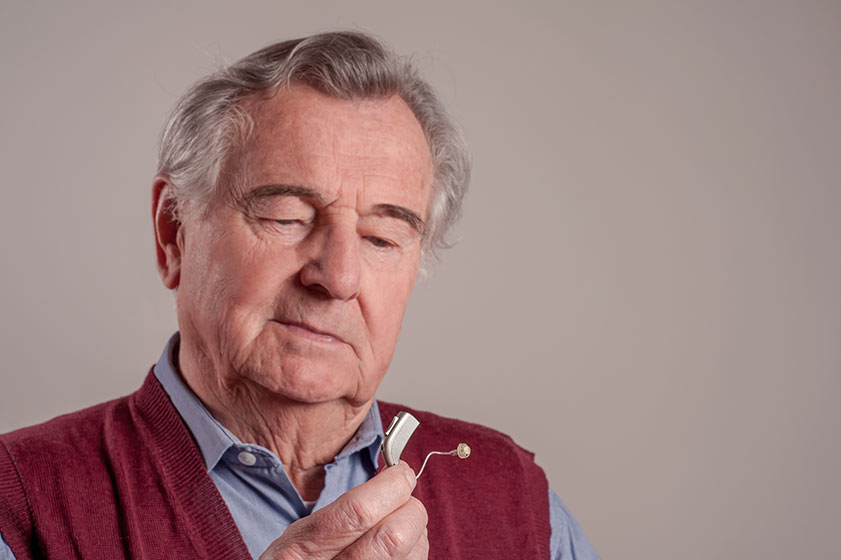As you age, many issues and changes will arise, and this is something nobody can deny. One of the many changes is hearing loss. Hearing loss is a common condition among mature adults, where it is estimated that almost half of those over 65 experience some form of hearing loss. While age-related hearing loss may not be life-threatening, it can still negatively impact your life if left unnoticed or untreated. Hence, it is important for you to understand the causes of hearing loss, and what you can do to treat it.
Causes of Age-Related Hearing Loss
Many factors contribute to hearing loss, and it can be difficult to differentiate between age-related hearing loss and other hearing loss, like hearing loss due to prolonged exposure to loud noises. However, it is also important to note that other hearing loss can also further aggravate age-related hearing loss.
Typically age-related hearing loss is caused by various changes in your inner ear. This includes the changes in blood flow to your ear, the structures of your inner ear, damages to the tiny hairs in your ear which helps to transmit sound to your brain, impairment in the nerves that help you hear, and changes in the way that your brain process sounds and speech.
Additionally, age-related hearing loss can also be affected by other factors like diabetes, smoking, hereditary hearing loss, usage of specific medicines, poor circulations, and exposure to prolonged loud noises. All these can damage the sensory hair cells in your ear that are in charge of allowing you to hear. Sadly, once these hair cells are damaged, they do not recover or grow back. Thus, this often leads to the gradual loss of hearing abilities.
Symptoms and Diagnosis
So, how do you know if you suffer from hearing loss? If you have experienced difficulty in hearing high-pitched sounds like the voices of females or children, or find it hard to hear background noises or need people to repeat what they said, you have hearing loss symptoms.
If you have such symptoms, you should visit your doctor to receive a full physical exam that can help to diagnose and improve your condition. Additionally, you can get referred to an audiologist, who can help you find out how much hearing loss has occurred via a hearing test.
Treatment
While there is no cure for age-related hearing loss, do not fear as there are ways to improve your hearing and quality of life. Typically, the doctor that diagnoses your condition will also recommend you to get hearing aids or assistive devices like telephone amplifiers. Such devices can help to louden sounds and hence help you improve your hearing. In fact, there are different kinds of hearing aids, so be sure to try different types to find the one that works best for you. Additionally, if you have a more significant hearing loss, you can also attend sign language or lip reading classes, or get a cochlear implant.







